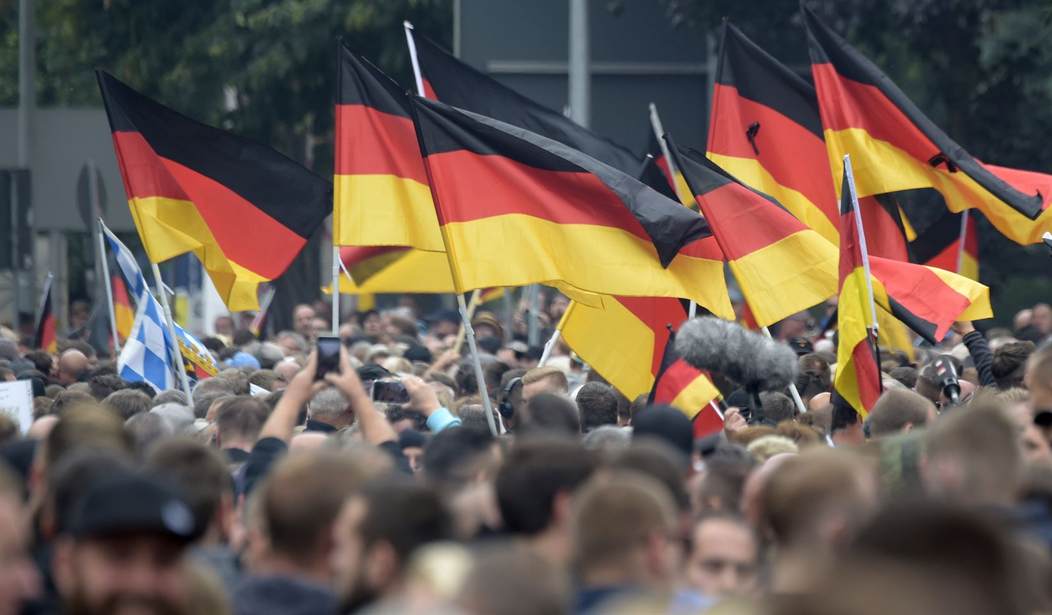You know something is rotten in Denmark (or right next door, in Germany) when even the hardline left is calling for immigration reform.
Via Remix News:
The chief executive of the Association of Towns and Municipalities, Gerd Landsberg, has welcomed the call by a group of Green politicians for a tougher asylum policy. “We need a turnaround in migration policy, also to ensure social acceptance,” Landsberg told Handelsblatt. “This includes more effective integration, clearer communication, also toward the arriving people, and active participation from the asylum seekers.”
… In a paper titled “Memorandum for a different migration policy in Germany,” the group warns of a shift to the right “should citizens continue to lose their sense of security and migrants not be perceived as a normality in the neighborhood.” [emphasis added]
(Here is the article in its original German.)
The left is rightly worried about right-wing populism burgeoning as a result of the popular backlash against immigration — even if they are not, in fact, worried about the cultural integrity of Germany. But let’s not look a gift horse in the mouth; politicians rarely do the right thing merely because it’s the right thing to do.
Related: White House: Germany Made Joe Biden Start World War III
Germany, until recently led by Angela Merkel and beholden to EU headquarters in Brussels, has long been saddled with unmanageable immigration rates from places like Afghanistan and Syria. In a single year — 2015 — Germany let in over a million migrants. Via Reuters:
Europe’s biggest economy, a magnet for migrants partly due to generous social benefits, is taking in more refugees from the Middle East and Africa than any other EU state, but authorities are struggling to house the dramatic influx of migrants…
Germany’s 16 federal states plan to spend about 17 billion euros to deal with the refugee crisis next year.
Such an avalanche of new arrivals — especially ones coming from cultures outside of the West — is not conducive to the stated goal of “integration.” What you inevitably get, rather than a melting pot in the American vein, is instead a segregated society with native Germans on the one side and migrants cordoned off on the other, and no ties to bind them into a cohesive society.
Every year, the cost of immigration, footed by German taxpayers, steepens. In 2019, Germany spent a record 23 billion Euros to house, feed, and (attempt to) integrate migrants.
Germans are notoriously eager to flaunt their ultra-liberal values as ongoing atonement for the Holocaust, which includes welcoming in limitless flows of ethnic migrants from the Third World. But with a 50%+ increase in energy prices in Germany due largely to the ongoing conflict in Russia, it seems that the reservoir of good will might be running a tad dry.
The rise of the populist right, often derisively termed the “far right,” in Germany coincides with the massive influx of migrants beginning in the early 2010s. Via Project Syndicate:
Before AfD emerged in 2013 as an anti-euro and anti-Greek-bailout party, Germany had no successful right-wing populist movement. Given that trade as a share of GDP had already been stagnating since the 2008 financial crisis, the party quickly shifted its focus to xenophobia and anti-immigrant policies.
But perhaps “coincide” is not the right word; this smacks more of clear-cut cause and effect.










